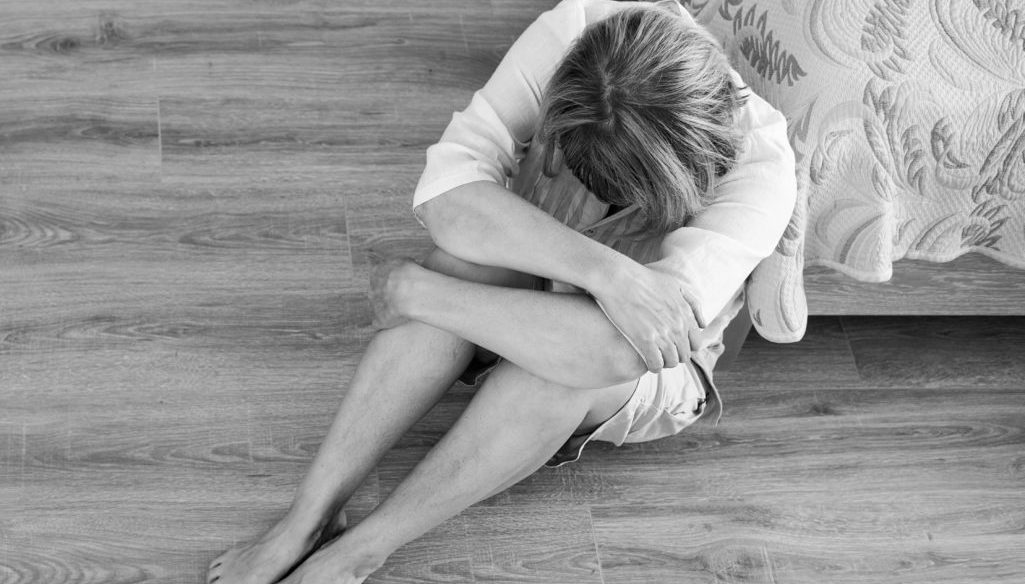Most women face menopause after the age of 40, and spend almost one-third of their lives in this phase. The changes that come with menopause and the time leading up to menopause (called perimenopause) affect a woman’s life both physically and emotionally and might be a physical and emotional roller coaster for some women. It comes with a host of symptoms triggered by hormonal shifts, such as hot flashes, insomnia, mood fluctuations and even depression. While anxiety can affect anyone, this psychological symptom is twice as common in women as it is in men. Though this condition can strike at any time during a woman’s life, stages of hormonal fluctuations, such as menopause, can trigger anxiety episodes. Some of the emotional changes experienced by women undergoing perimenopause or menopause can include:
According to the best counsellors in Pune, these symptoms can be associated with the psychological symptoms of anxiety and depression. Along with it, the physical symptoms might also be present, which commonly include palpitations, fatigue, muscle aches, excessive sweating and shortness of breath.
While some research indicates that menopause cannot cause anxiety and depression, some of the scientists are of the opinion that the hormonal fluctuations might act as a trigger. Changes in estrogen levels have a direct effect on the neurochemicals serotonin, norepinephrine, dopamine, and melatonin. Since all of these neurotransmitters play an integral role in emotion and mood regulation, disruptions caused by estrogen fluctuations might lead to anxiety and depression during menopause. Estrogen declines during perimenopause – or the time before menopause – as the body prepares to cease egg development and menstruation. Scientists have discovered that estrogen has a significant effect on the brain’s regulation of moods and emotion. When the hormone levels drop, serotonin levels also fall, which contributes to increased irritability, anxiety and sadness.
When a woman is faced by these emotional difficulties during this time, whether they are caused by menopause or not, the following can be helpful:
If the difficulties still persist, it is recommended to seek professional help from the best mental health center in Pune.

